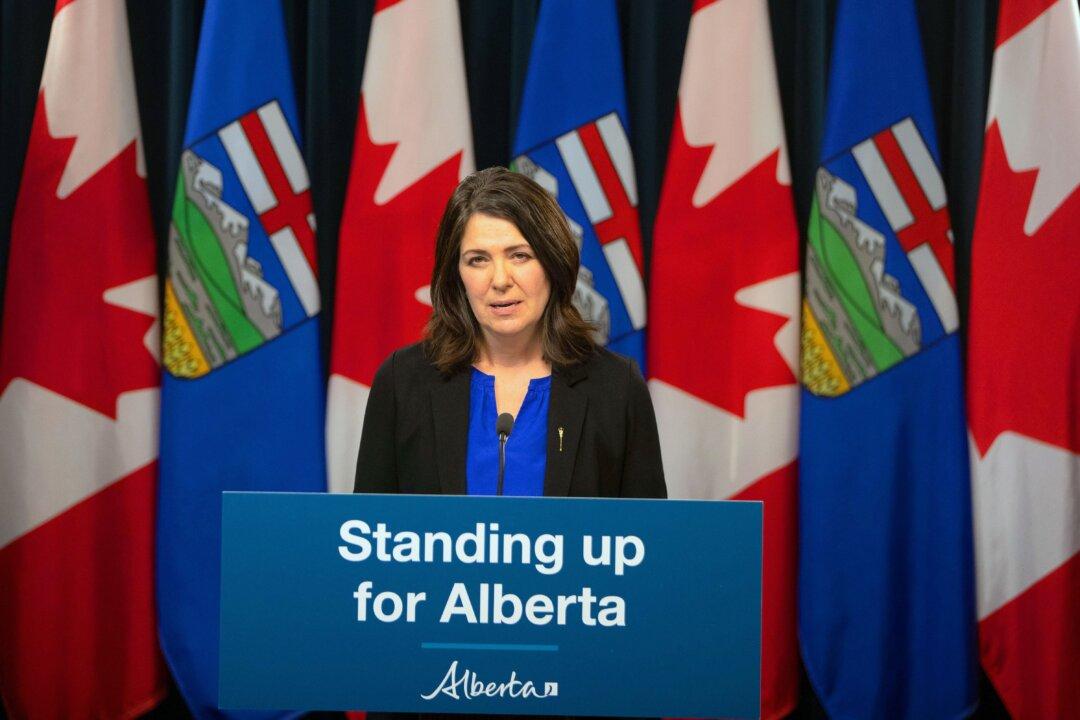Alberta says it will introduce a motion under the provincial Sovereignty Act that will work as a “constitutional shield” against Ottawa’s plans to reduce emissions in the oil and gas sector by one-third as of 2032.
The resolution asks the legislative assembly for approval to take actions to “protect Alberta” if Ottawa’s emissions cap becomes law, the provincial government said on Nov. 26. These actions would include launching an immediate constitutional challenge, and adopting steps to ensure that no provincial entity participates in implementing the emissions cap and that all emissions data be reported and disclosed at the province’s discretion.





